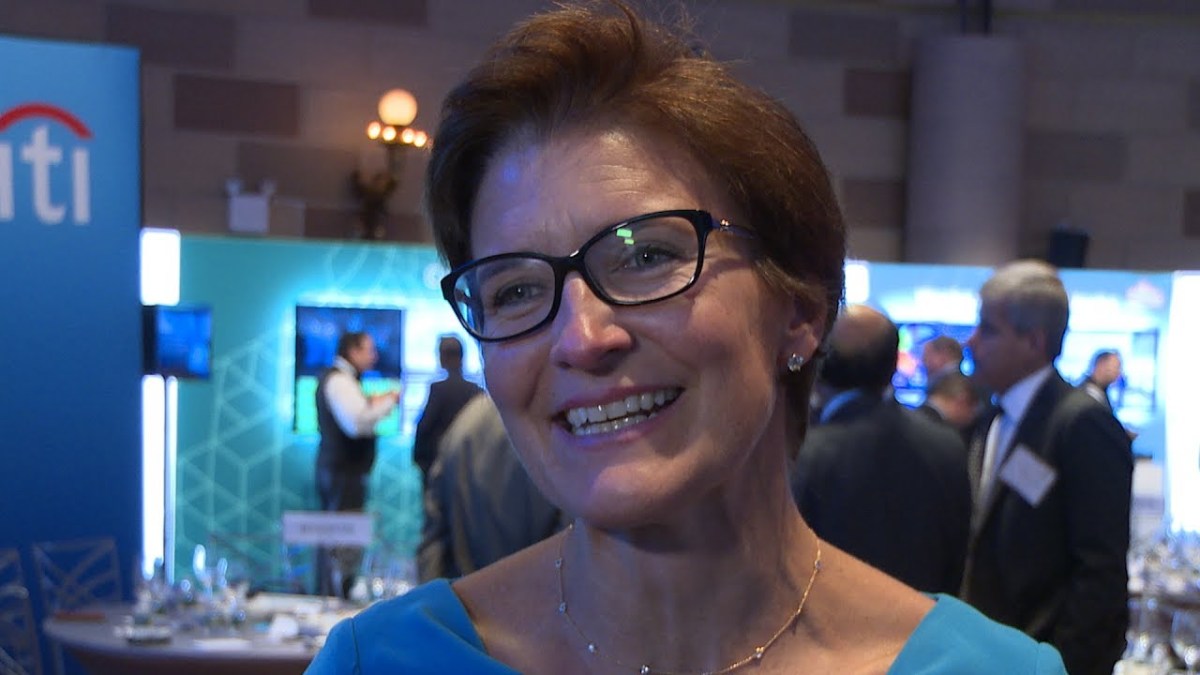Way back in April, which really turned out to be the infancy of our quarantine times, the Harvard Law School FedSoc president made headlines when he took out a gun during a Zoom class. It was a real moment and screenshots from the class blew up all over the place and the law student go called out for his wildly inappropriate behavior. As my colleague Joe Patrice noted at the time:
That it’s disruptive to the learning experience when ersatz Elmer Fudd here pulls out his heater is the very least of the reasons why this is inappropriate. It’s also pretty menacing and can induce anxiety in people who’ve had traumatic, violent experiences in the past. And while it should be enough to appeal to basic decency, it should also give any professional pause. We don’t carry rifles into government buildings — well, actually these dumbasses do — but we shouldn’t. Young people mature — sometimes — but consider the message this level of judgment sends to a character and fitness review or future employer.
But with this event in their rear view mirror, and online classes an ongoing reality, Harvard Law has gone into rule-making mode to make sure this doesn’t happen again. As reported by the ABA Journal, the law school has a new principle for how students should handle future in-class incidents:
Law students learn to make arguments in classrooms, and the learning process includes taking risks, as well as making mistakes, according to a Harvard Law School webpage describing the policy.
Additionally, it notes that sometimes a speaker agrees with an argument they are making in class, and other times they’re taking on the so-called devil’s advocate role.
“Because of the potential permanence and widespread dissemination of communications through social media and other forms of communication designed to reach members of the public, if statements made in class are quoted or described with attribution in those media, students may be reluctant to approach any question, particularly controversial ones, with the openness and vulnerability they need to grow as lawyers and to learn from one another,” according to the website.
The policy also applies to written statements made in classroom-related spaces, and faculty can adopt additional guidelines, providing that they are stated clearly before the class starts, according to the law school webpage. It does not list penalties for violating the policy.
And sure, I can imagine situations where you really wouldn’t want to have someone’s name attached to an argument they made in class. Like if a crim law conversation turned to someone’s real life experience as a victim of sexual assault. But that isn’t the background behind this move. As the Harvard Crimson notes, it comes on the heels of this gun incident (though it does note a similar policy already in place at the business school), which is not some academic argument that needs to be protected. And as the Instagram account Black at Harvard Law School is quick to remind us all, sometimes bad shit is said in class. What happens then?
Law School spokesperson Jeff Neal told the Crimson attribution is appropriate when reporting misconduct or seeking assistance from administrators, and the policy does not bar entirely discussions on social media about what happens in class:
“Nothing in the policy addresses a student’s sharing classroom comments in accordance with the policy’s non-attribution principle, or sharing comments with attribution with others in the same course or in ‘interpersonal exchanges about class discussion,’” Neal wrote.
And there’s always saving receipts for a rainy day, say, a future judicial confirmation hearing:
“For the record, nothing in the policy appears to apply after we graduate,” law student Andre R. Manuel wrote in a Tweet. “So consider this notice that if you say something racist in a class I’m in, I WILL bring the receipts to your Senate confirmation. Future 34-year old 5th Circuit nominees beware.”
So that’s something.
 Kathryn Rubino is a Senior Editor at Above the Law, and host of The Jabot podcast. AtL tipsters are the best, so please connect with her. Feel free to email her with any tips, questions, or comments and follow her on Twitter (@Kathryn1).
Kathryn Rubino is a Senior Editor at Above the Law, and host of The Jabot podcast. AtL tipsters are the best, so please connect with her. Feel free to email her with any tips, questions, or comments and follow her on Twitter (@Kathryn1).




 Claire E. Parsons is a Member at
Claire E. Parsons is a Member at 









 Jordan Rothman is a partner of
Jordan Rothman is a partner of